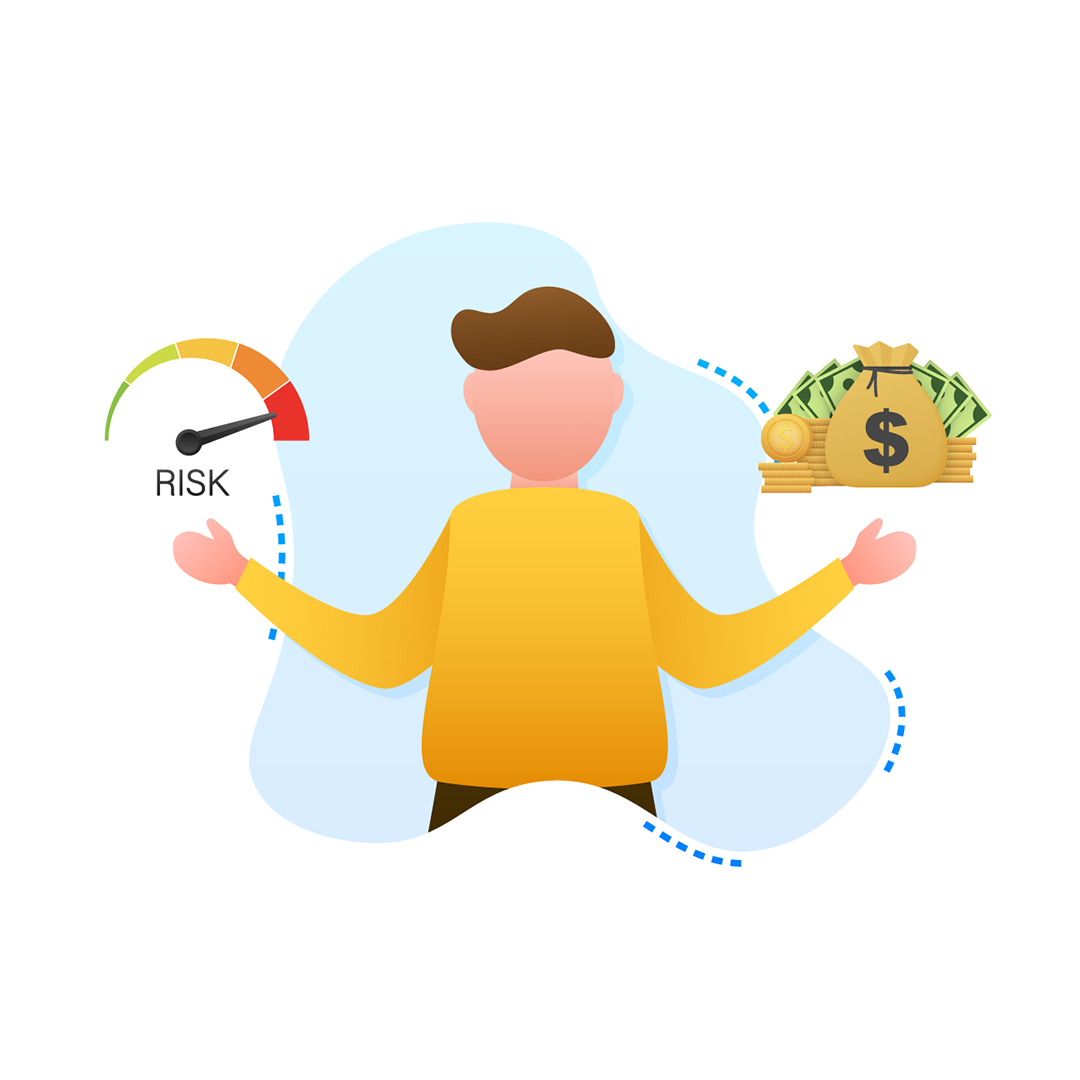If you are considered a “hard-to-place” business, you may have a hard time finding reputable and affordable ecommerce payment solutions. If you’re just starting a new business, you might wonder what it means to be hard to place.
What is a hard-to-place business?
In payment processor terms, a hard-to-place business is one that needs a high-risk merchant account. Many different factors can make a business “hard  to place” or high risk. Businesses that are hard to place tend to represent higher risk to payment processors for one or more reasons, including:
to place” or high risk. Businesses that are hard to place tend to represent higher risk to payment processors for one or more reasons, including:
- The increased likelihood of fraud.
- A history of chargebacks.
- A greater risk of future chargebacks.
- Sales of big-ticket items.
- The type of items or services a merchant sells (such as ecig retailers or dating websites).
- The industry a merchant is in (such as adult entertainment).
- A lack of credit/poor credit.
Surprisingly, some businesses may be considered high risk just because they sell big-ticket items that are more prone to chargebacks or fraud. Some examples would be jewelry or furniture sales, advertising and marketing, or subscription-based services where consumers may forget they purchased a subscription and file a chargeback when they see charges on their credit card. Even simply having a high volume of ecommerce transactions can place you in this category.
Why are hard-to-place businesses considered high-risk?
Businesses that require a high-risk merchant account put the payment processor at a bigger risk of losing money due to chargebacks or fraud than other businesses. Chargebacks cost payment processors time and money.
When a consumer or business uses a credit card, the bank or credit card processor pays you (the merchant) the money for the purchase. If a customer files a chargeback, the funds will be removed from your account and held in escrow until a decision on the dispute is made.
Meanwhile, the bank offers the customers temporary credit for the transaction.
The bank determines who is right or wrong in the dispute. It is a costly process, and while the bank collects chargeback fees and keeps the initial credit card fees collected, chargebacks are undesirable for banks and business owners alike.
How to find the right high-risk payment processor.
If you require a high-risk merchant account, you need to find a high-risk payment processor that charges low fees and offers the services you need to help reduce your risk of chargebacks and fraud.
This includes real-time transaction reporting and detailed reports that help you stay one step ahead of fraud and avoid chargebacks.
Reach out to set up your high-risk merchant account today.



